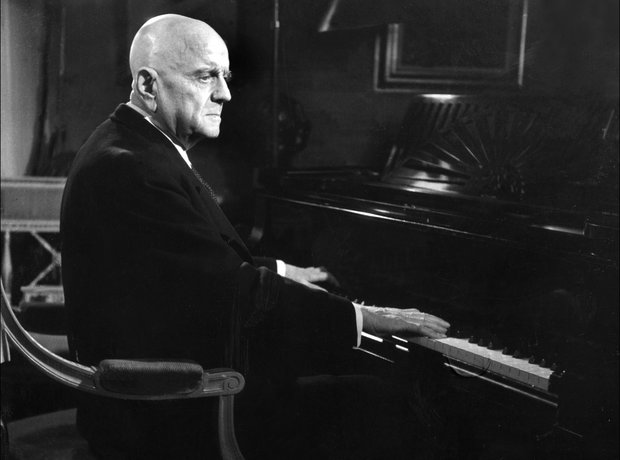Introduction:
Jean Sibelius, widely regarded as Finland’s national composer, was a visionary musician whose compositions captured the spirit of his homeland and left an indelible mark on the world of classical music. With his distinct blend of romantic lyricism, vibrant orchestration, and deep connection to nature, Sibelius created a body of work that continues to enchant and inspire audiences to this day. Let us delve into the life and musical legacy of this remarkable composer.
Early Life and Musical Education:
Jean Sibelius was born on December 8, 1865, in Hämeenlinna, a small town in the Grand Duchy of Finland, which was then part of the Russian Empire. From a young age, Sibelius demonstrated a strong aptitude for music, and he received his first violin lessons from his father, a physician with a passion for music. Later, he studied composition in Helsinki under the guidance of Martin Wegelius, a respected Finnish composer and pedagogue.
Musical Style and Influences:
Sibelius’s compositional style evolved throughout his career, spanning the late Romantic and early modernist periods. He drew inspiration from diverse sources, including the Finnish national epic Kalevala, the natural landscapes of Finland, and the rich tradition of Nordic folklore. His works often featured sweeping melodies, lush harmonies, and evocative orchestration, reflecting his deep emotional connection to nature and his Finnish heritage.
Key Works and Contributions:
Sibelius’s symphonies stand as some of the most iconic works in the classical repertoire. His Symphony No. 2 in D major is a triumph of grandeur and emotional intensity, representing a turning point in his career. Symphony No. 5 in E-flat major showcases his ability to capture the essence of the Finnish landscape, with its powerful horn calls and majestic finale. Other notable compositions include the tone poem “Finlandia,” the violin concerto, and the atmospheric symphonic poem “Tapiola.”
Struggles and Triumphs:
Despite his undeniable talent, Sibelius faced numerous challenges throughout his life. He struggled with self-doubt, periods of creative block, and financial difficulties. In addition, he battled with excessive drinking, which impacted both his personal and professional life. However, Sibelius’s resilience and unwavering dedication to his craft allowed him to overcome these obstacles, and he ultimately triumphed as one of the most celebrated composers of the 20th century.
Legacy and Impact:
Jean Sibelius’s music continues to captivate audiences around the world, leaving an enduring legacy that extends beyond the borders of Finland. His compositions not only embody the Finnish national identity but also resonate with universal themes of nature, struggle, and triumph. Sibelius’s pioneering use of orchestral colors and his ability to evoke vivid emotions have influenced generations of composers, making him a towering figure in the development of symphonic music.
Conclusion:
Jean Sibelius, with his profound musical vision and unmistakable Finnish spirit, crafted a remarkable body of work that solidified his place in the pantheon of classical music’s great composers. His compositions reflect the vast beauty of his homeland and the depths of human emotion. Sibelius’s enduring legacy serves as a testament to his artistic genius and his ability to capture the essence of nature and the human experience through music. Today, his music continues to inspire and transport listeners to distant landscapes, offering a powerful testament to the enduring power of classical music.


Comments are closed